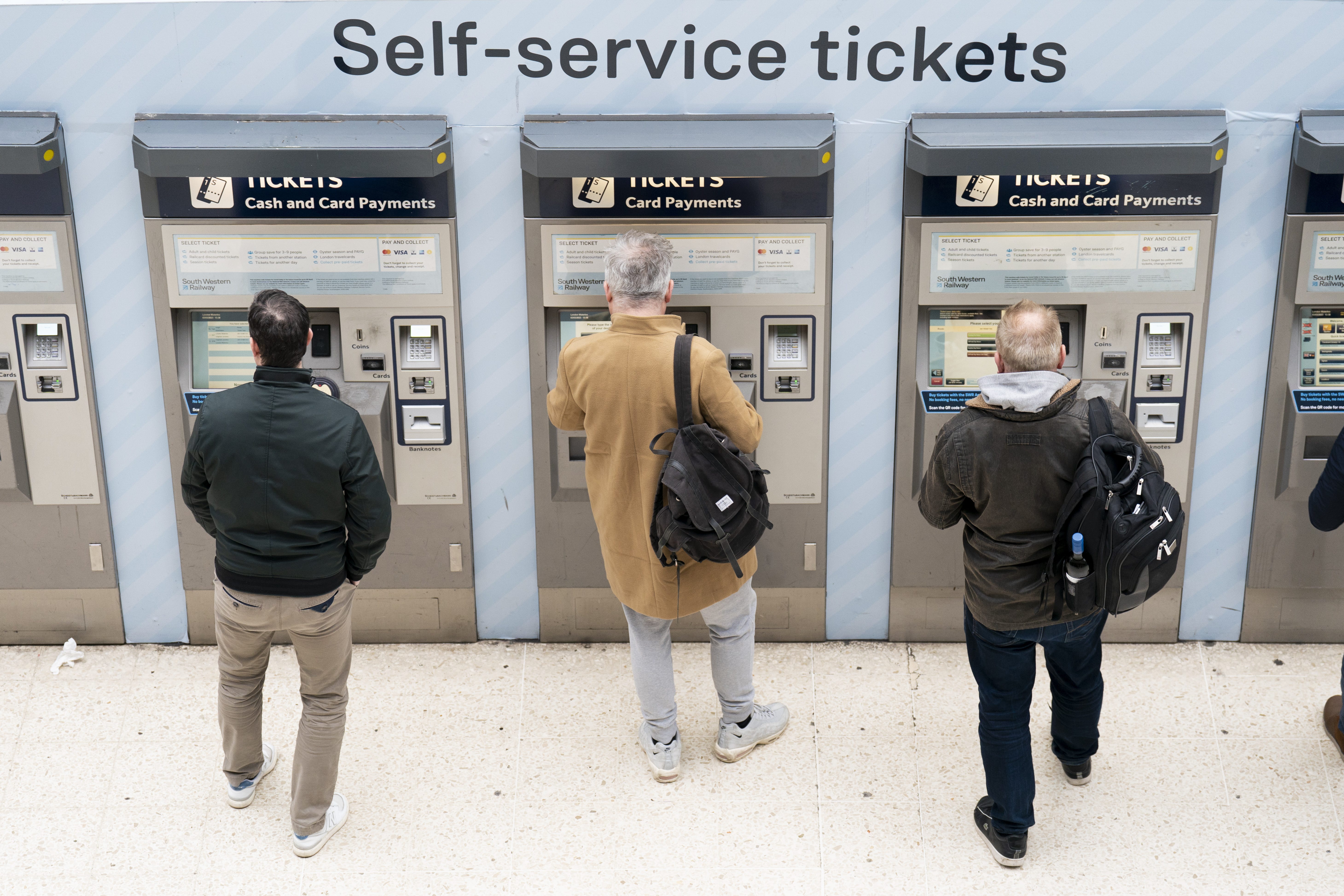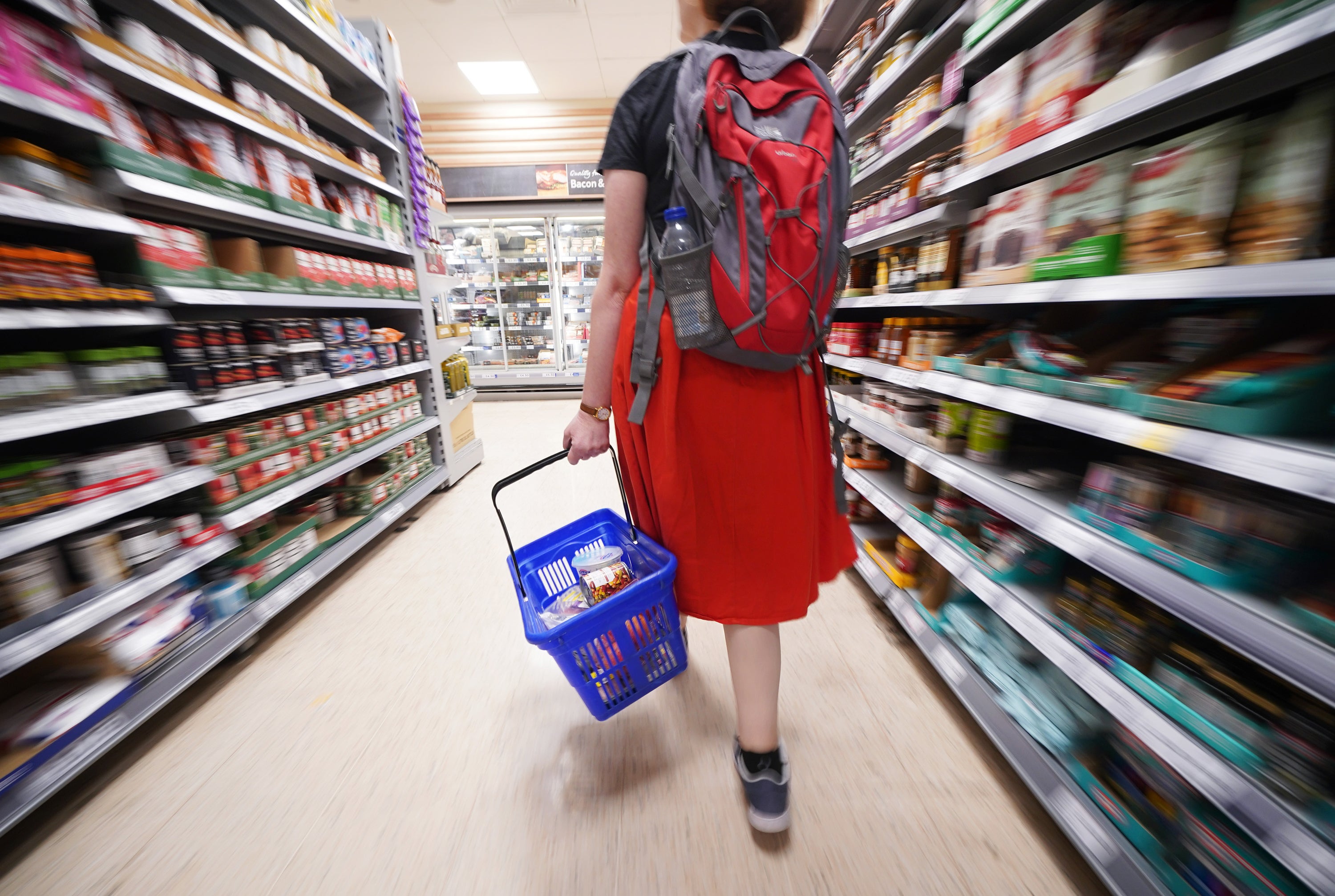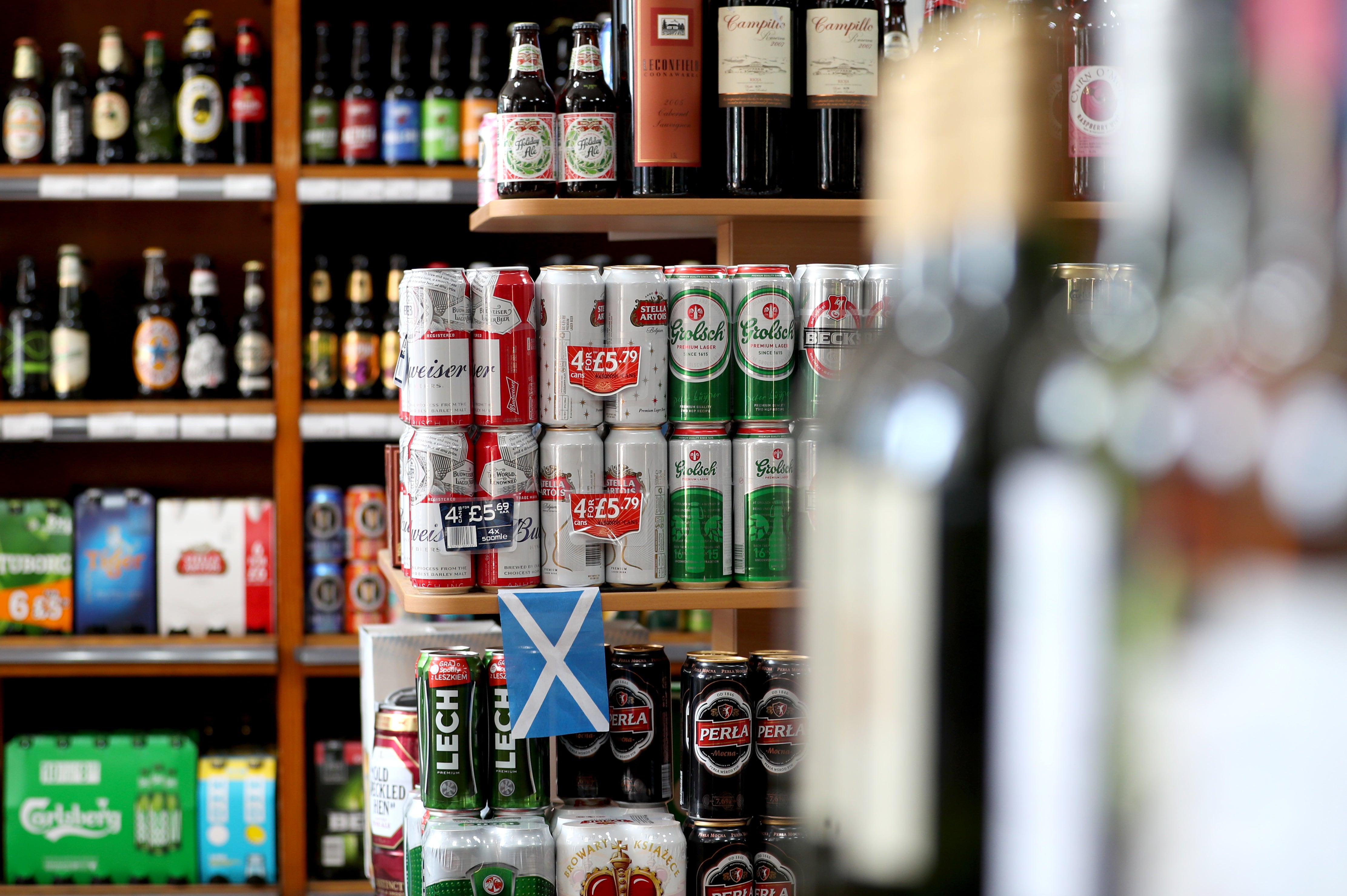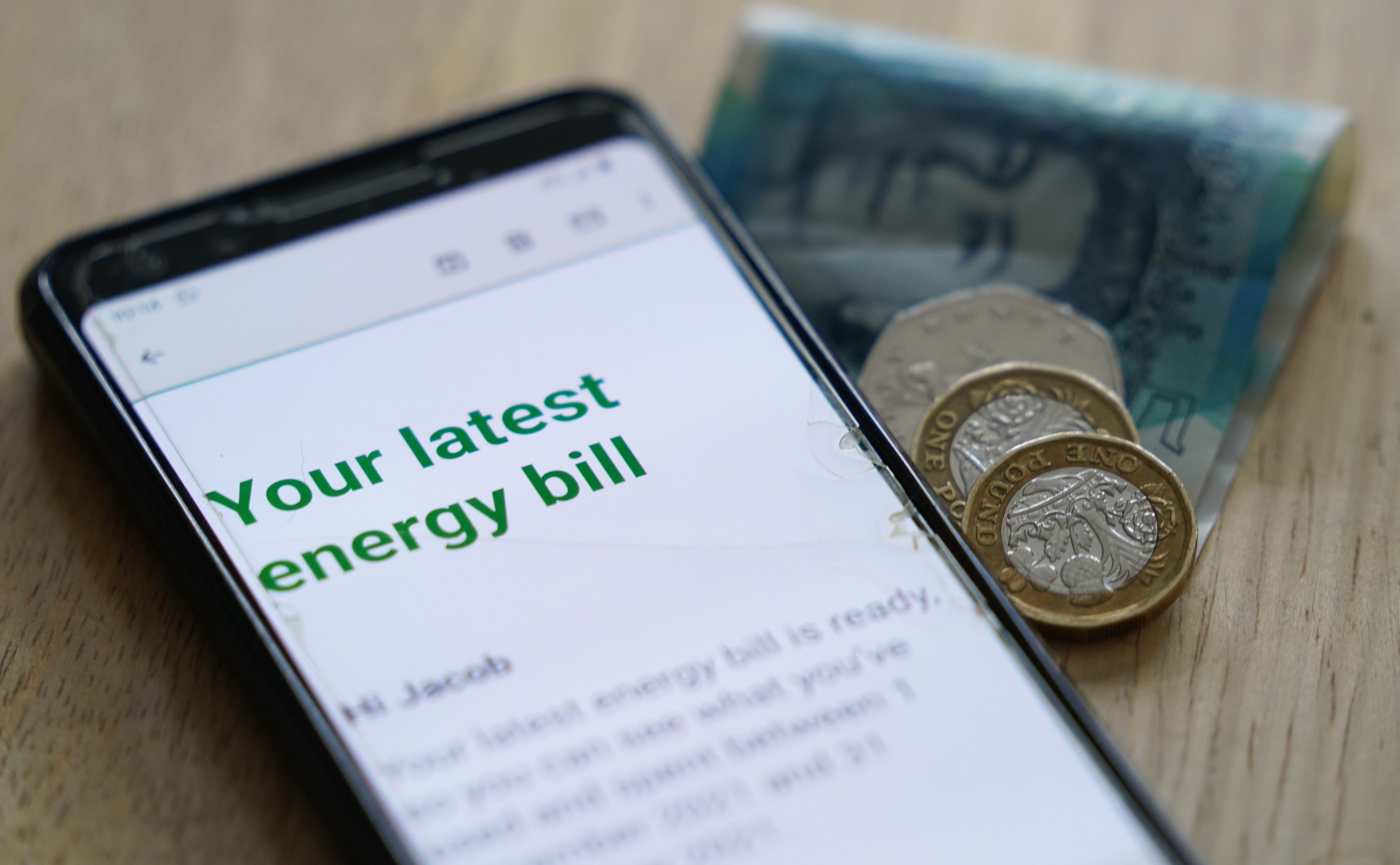What rising inflation means for you and what happens next
Has anything actually got cheaper?

Your support helps us to tell the story
From reproductive rights to climate change to Big Tech, The Independent is on the ground when the story is developing. Whether it's investigating the financials of Elon Musk's pro-Trump PAC or producing our latest documentary, 'The A Word', which shines a light on the American women fighting for reproductive rights, we know how important it is to parse out the facts from the messaging.
At such a critical moment in US history, we need reporters on the ground. Your donation allows us to keep sending journalists to speak to both sides of the story.
The Independent is trusted by Americans across the entire political spectrum. And unlike many other quality news outlets, we choose not to lock Americans out of our reporting and analysis with paywalls. We believe quality journalism should be available to everyone, paid for by those who can afford it.
Your support makes all the difference.Inflation in the UK rose slightly last month to 2.2%, official figures showed.
It means it climbed back above the target rate set by the Government and the Bank of England, after two months at 2% in May and June.
Inflation is the term used to describe the price of goods and services rising. The inflation rate refers to how quickly that is happening.
July’s inflation rate of 2.2% means that if an item cost £100 a year ago, the same thing would now cost £102.20p.
It is a small uptick from the 2% inflation rate recorded in May and June, meaning that prices are increasing slightly faster than they were over the last few months.
Is inflation rising for everything?
No, the increase relates to Consumer Prices Index inflation, which represents the whole economy.
But within that, inflation fell in some areas.
If you look at the services sector on its own – things like hospitality and culture – the rate dropped to 5.2%, down from 5.7% in June.
That means overall services prices still rose versus July last year, but at a slower rate than the month before.

What made inflation go up?
The main driver was a drop-off in the effect of falling energy bills in this month’s figures.
Grant Fitzner, chief economist at the ONS, said: “Inflation ticked up a little in July as although domestic energy costs fell, they fell by less than a year ago.”
In other words, energy bills still fell versus July last year, but they had less downward pressure on the inflation figure for the whole economy than they did in previous months.
Has anything actually got cheaper?
Yes. Hotels and restaurants fell in price between June and July, contributing to the easing services inflation figure.
However, even with the monthly fall, hotels and restaurants rose in price year-on-year, with the annual rate of inflation coming in at 4.9%, slower than June’s figure of 6.3%.
Other things continue to get more expensive. Alcohol and tobacco prices, for example, rose faster than most other goods, with the rate of inflation still high at 7.2% in July, down slightly from 7.3% in June.
Inflation for food and drink excluding alcohol remained stable at 1.5% for July, meaning it is also getting more expensive, but only very slowly.
Darren Jones, Chief Secretary to the Treasury, said the figures showed many families are “still struggling with the cost of living”.

What does it mean for households?
While services inflation fell, the relatively high 5.2% figure represents faster rises in this sector than in household goods or bills.
The Resolution Foundation think tank noted on Wednesday that services inflation, relating to things like eating out and leisure, affects richer households more.
Meanwhile, food and bills – which drove the recent cost-of-living crisis – are a bigger share of poorer households’ family budgets.
Lalitha Try, economist at the Foundation, said: “The price of domestic services such as restaurants and leisure activities have replaced food and energy bills as the focus of price pressures – for now at least.
Keeping a lid on these price rises will hold the key to keeping overall inflation close to target, and getting interest rates down.”

What does it mean for interest rates?
The Bank of England cut the base interest rate – which dictates the cost of borrowing and mortgages – at the start of August to 5%, a quarter point drop.
However, governor Andrew Bailey said on August 1 that the Bank should “make sure inflation stays low, and be careful not to cut interest rates too quickly or by too much”.
Keeping the base interest rate high is the Bank’s main way of curbing inflation.
Sarah Coles, head of personal finance at Hargreaves Lansdown, said on Wednesday: “It’s likely to be business as usual at the Bank of England in September, with rates on hold, so it’s unlikely to alter the picture significantly for savers and borrowers.”
The retail prices index (RPI), which measures a representative group of retail goods and services, was 3.6% for July.
This figure could be significant, because annual rail fare rises have historically been based on the July RPI reading.
However, last year, train ticket increases were capped below the RPI rate, after it was 9% for the month. The Government has not said whether it will use the figure this year.